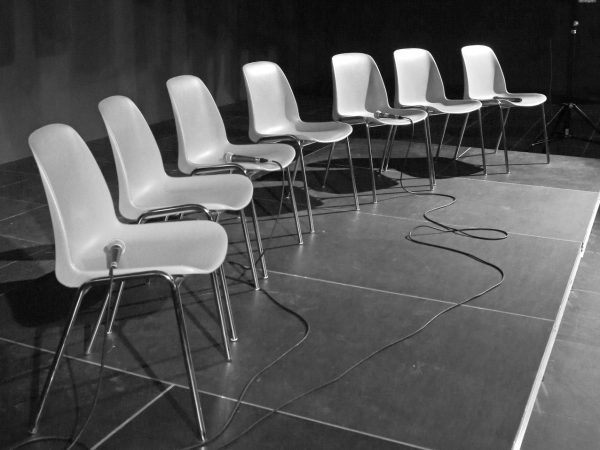Discussion: The City as Social Space.
14.11.2012
with Peter Lindner (Professor of Economic Geography), Olaf Cunitz (Mayor of the City of Frankfurt), and additional guests. Moderated by Carlos Becker
Social segregation in our cities is increasing, as in our society as a whole. One welfare recipient at a time. One luxury renovation, one gambling hall, one flagship store at a time. This segregation is described as the concentration of socially disadvantages groups in neighborhoods with deficient education and work opportunities.
At the same time, these areas usually contain urgently needed affordable housing and often supportive neighborhood networks as well. These neighborhoods can be several things at once—“A net and a cage, a survival niche, and a site of exclusion” (Häußermann, Läpple, Siebel: “Stadtpolitik”).
Gentrification plays an ambivalent role in the problem of the widening social gap in cities. In the initial phase—of urban “pioneers,” in which students and people from creative fields move to a neighborhood and new bars and cafés open up—diversity and social heterogeneity increase. However, in the second phase rising rents and expensive building refurbishments ultimately lead to the displacement of the initial inhabitants and, once again, to social segregation.
With the invited guests the discussion focuses on issues of contemporary urban development and its spatial implications: What are the causes of social segregation? What arguments can be used to support an inclusive urban society? In what ways can city politicians politically affect rents and real estate prices? What potential do social residential housing and planning policies hold?
Finally, how can the “upgrade” of a neighborhood take place without displacement?
An event organized in cooperation between the Heinrich Böll Foundation Hessen and the Frankfurter Kunstverein

